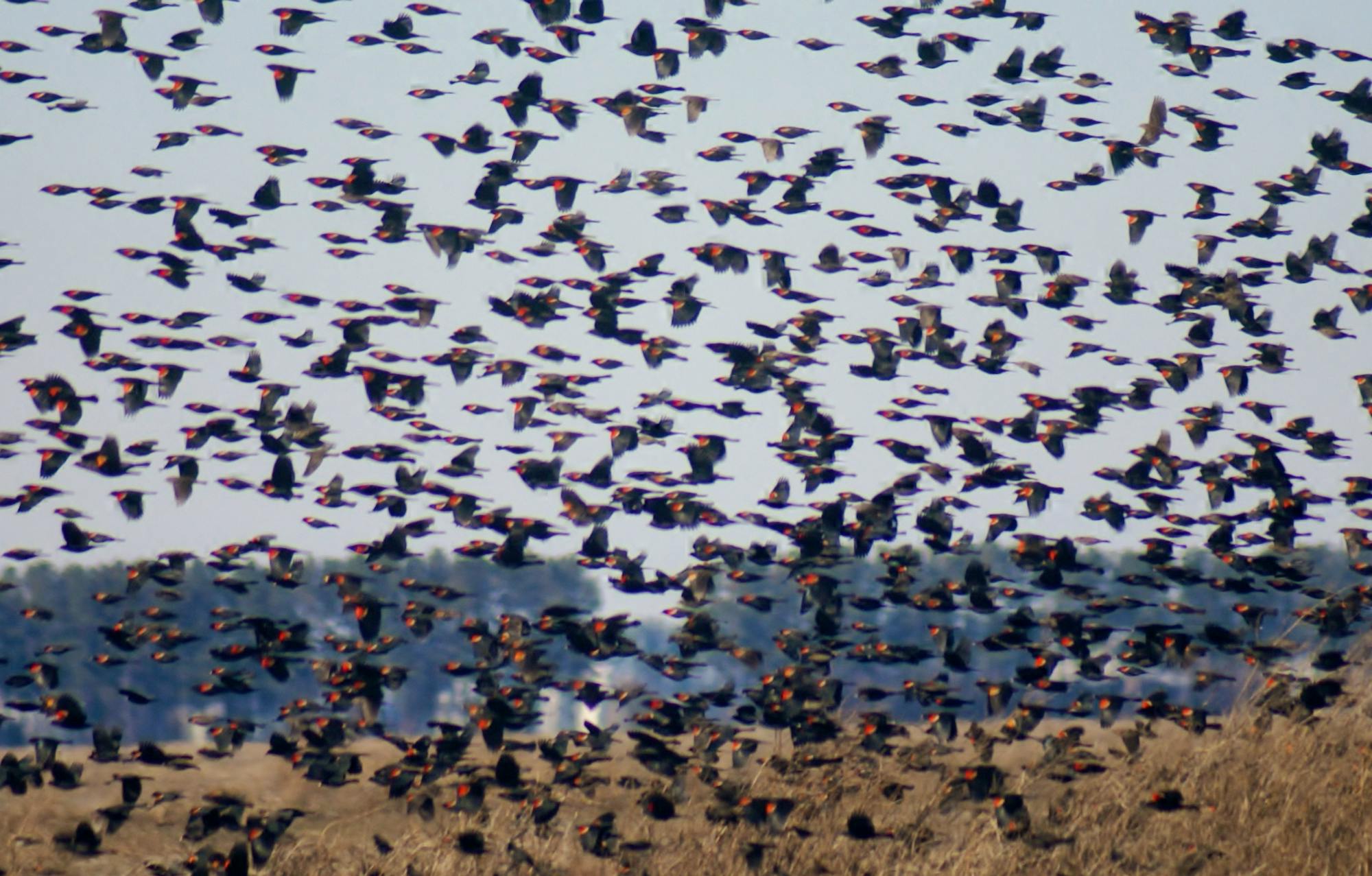Tweet“Today’s decision is a welcome reminder that our National Wildlife Refuge System must be managed for wildlife, rather than any other interest. The Fish and Wildlife Service will now be put back on track to honor its legal mandates to protect the birds and ecosystem of Lake Mattamuskeet, rather than sacrifice a treasured wildlife sanctuary.”
A federal court ruled in favor of Defenders of Wildlife and the Sierra Club in a lawsuit filed by the Southern Environmental Law Center challenging the U.S. Fish and Wildlife Service’s plans to turn Lake Mattamuskeet — the 40,000-acre centerpiece of an iconic migratory bird sanctuary in eastern North Carolina — into a testing ground for a chemical that is toxic to birds. The court’s order means that the service must redo its flawed environmental review for this dangerous experiment before it can move forward.
“This is a big relief for everyone who treasures Lake Mattamuskeet and the amazing bird life this wildlife sanctuary is known for,” said Ramona McGee, senior attorney and leader of the Wildlife Program at the Southern Environmental Law Center, which represents the groups in court. “The court recognized the legal problems with the Fish and Wildlife Service’s rushed and inadequate approval of this dangerous experiment. Now we hope the service can refocus on long-term solutions for restoring the lake instead of unnecessarily exposing the hundreds of species of birds that rely on Lake Mattamuskeet to this toxic algaecide.”
Plans were previously underway for the toxic algaecide experiment to start at Mattamuskeet National Wildlife Refuge in the summer and fall of 2024 and repeat in 2025, prompting the conservation groups to ask the court to issue a preliminary injunction last summer to block the Fish and Wildlife Service from allowing the algaecide experiment. After a court hearing, the service voluntarily agreed to pause its plans while the parties litigated the merits of the lawsuit. Now, the court has ruled in favor of the conservation groups on their claims that the service violated environmental review requirements.
“Today’s decision is a welcome reminder that our National Wildlife Refuge System must be managed for wildlife, rather than any other interest,” said Sierra Weaver, senior attorney at Defenders of Wildlife. “The Fish and Wildlife Service will now be put back on track to honor its legal mandates to protect the birds and ecosystem of Lake Mattamuskeet, rather than sacrifice a treasured wildlife sanctuary.”
A long-term plan is already underway to improve water quality and reduce algae blooms in Lake Mattamuskeet, but the Fish and Wildlife Service approved use of the algaecide there after the General Assembly appropriated millions of North Carolina taxpayer dollars to test the chemical, even though it has been found to harm and kill birds. In recent years, the Florida legislature spent millions applying this product to several lakes and rivers, where it failed to provide a lasting solution to harmful algal blooms that keep people from using the water.
“Common sense has won the day,” said Erin Carey, state conservation policy director for the N.C. Sierra Club. “It’s not just the birds of Lake Mattamuskeet that have been spared, but also the pointless waste of North Carolina public funds, which can now be put to much better use than in this negligent and environmentally destructive pet project.”
On behalf of the Sierra Club and Defenders of Wildlife, the Southern Environmental Law Center filed a federal lawsuit in the Eastern District of North Carolina challenging violations of the National Wildlife Refuge System Improvement Act, the National Environmental Policy Act, and the Administrative Procedure Act. The conservation groups represented by SELC asked the court to block the plan until the Fish and Wildlife Service conducts a full analysis that protects the mission and purpose of the wildlife refuge and takes a hard look at the toxic algaecide’s harms and the available alternatives.
For over 75 years, Defenders of Wildlife has remained dedicated to protecting all native animals and plants in their natural communities. With a nationwide network of nearly 2.1 million members and supporters, Defenders of Wildlife is a leading advocate for innovative solutions to safeguard our wildlife for generations to come. To learn more, please visit https://defenders.org/newsroom or follow us on X @Defenders.
Media Contact
News

Defenders Receives Advocacy Organization of the Year Award



